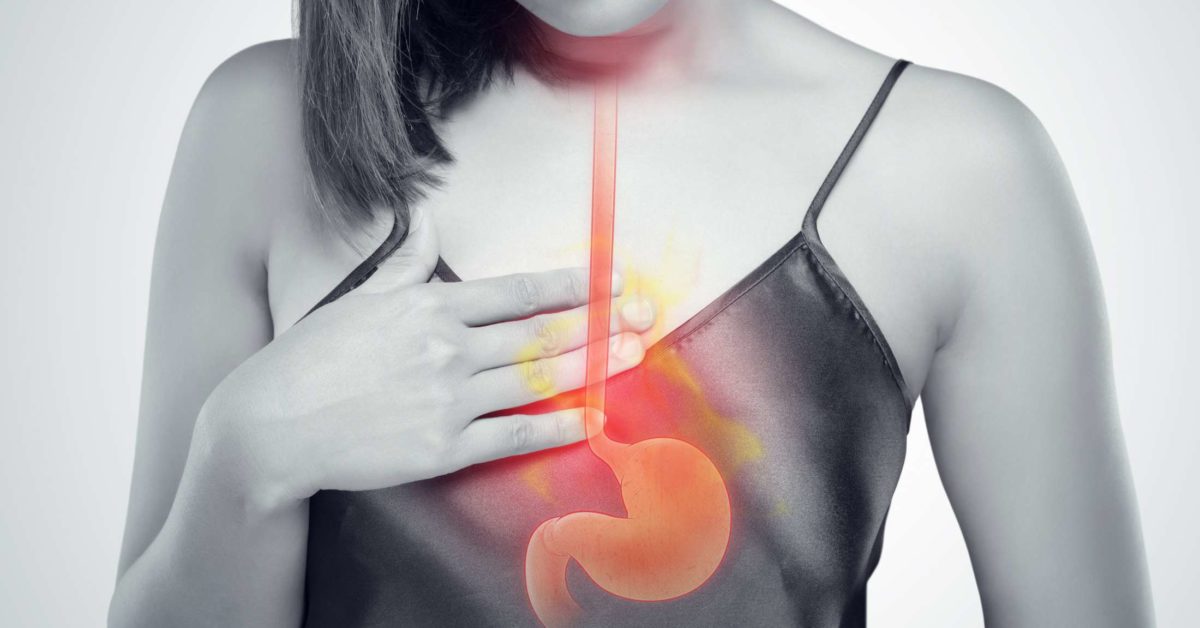Omeprazole is one of the most commonly prescribed GERD medications. Long-term use has been linked to vitamin B12 and magnesium deficiencies, an increased risk of bone fractures, and potential kidney concerns. Although most people tolerate omeprazole well, it is best to discuss any long-term risks with your doctor if you need this GERD medication for an extended period.

GERD Medication Side Effects: Managing Long-Term Risks
|
|
Time to read 4 min








